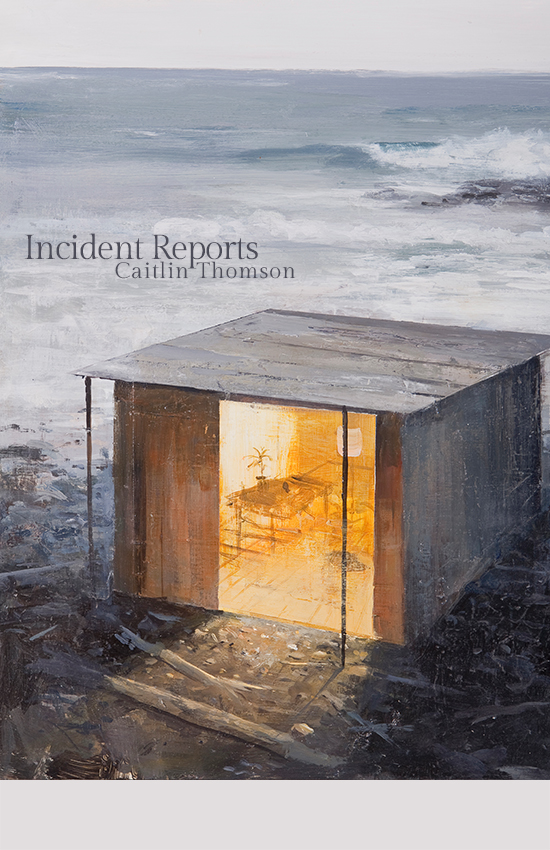Nine years ago I heard about the 3 Day Novel Writing Contest for the first time. At that point I’d already done NaNoWriMo, NaPoMo, and Script Frenzy, and the idea of writing a novel in three days, even if it was more of a novella in length, was very appealing.
Unfortunately I’d just created The Poetry Marathon and had scheduled it for the weekend before Labour Day. Every year since,I considered doing the 3 Day Novel Writing Contest, other events always ended up changing my plans.
This year I was feeling overwhelmed, out of sorts, exhausted, and kind of at the end of my battling chronic pain rope, when a friend mentioned it on her FB page.
I was quick to dismiss it as impossible in public before second guessing myself and sending her a private PM asking her for personal experience details.
I’m so glad I did. She encouraged me to attempt it, even if I wasn’t going to submit the novel as part of the contest. That goal, one that involved no one else reading it, seemed feasible.
With that encouragement and information I was able to move forward towards writing the novel (which was really more of a Novella at 101 pages – although well within the goal length of the contest).
Through attempting and completing the 3 Day Novel Writing Contest, I learned the following things.
The power of working on pieces in focused bursts
Because I have two kids, a full time job, etc, I write mostly in the evenings, usually at the rate of one or two hours a week. This is not very much time, and because I tend to take big breaks between these periods, part of that time is spent reminding myself what I wrote last time and getting back into that head-space.
When you write a novel in one long weekend it’s easy to keep track of details and feel a sustained connection to the world you are creating. I was able to be much more efficient and effective when I was writing because there were minimal distractions. When finished, the novel/novella felt a lot more cohesive because it was written in such a concentrated period of time.
The importance of having a specific time to write
Obviously, I already knew that it was important to take time to write, that’s just common sense. But I think as a working parent who doesn’t want to ask for help very regularly and is always nervous to do so, it’s hard for me to find time normally, but once I had the motivation of the 3 Day Novel Writing Contest, it was much easier not only to ask for help, but to ask for it at a particular time (I’m great at delaying these sort of things usually). Maybe the timing wasn’t perfect, but it actually happened, and that in and of itself is significant.
The power of setting goals
The most important factor going in was actually setting daily goals. As part of my normal working life writing 6,000 words in a day is far from unheard of and even 9,000 happens from time to time.
So I decided going into this that I was going to set a goal for myself of 40 pages a day, 15 of which had to be completed before noon. This was just for the first two days.
I know that when I write this fast, I require more time to revise and edit, and that in order for the piece to feel polished and consistent, to give me time to add in little details that I might not have thought out initially, I would need to budget most of the third day to revision. I also wanted buffer time in case the unexpected happened – which really worked out because between 9 Pm and 1 AM, on the 2nd-3rd day I had a terrible migraine.
Knowing I had this extra time on Monday, didn’t make the migraine go away but it helped me manage the stress the migraine caused and made it possible for me to take the morning after a little easier.
The power of knowing oneself
A lot of what I talked about in number 3 involved knowledge of self. When I’m talking to other writeres, Ithey often set unrealistic goals for themselves because they don’t know what it’s like to spend a lot of sustained time writing, and they are unaware of their weaknesses.
Part of why I entered the challenge, fairly confident that I would succeed in completing something (no matter how terrible), is that not only have I had a lot of experience completing writing challenges, I also have a lot of experience writing for work. I know what I’m capable of, when I can sprint, and when I need more time (always at the end).
I also knew that I had to exercise regularly throughout writing, if I wanted to maintain my focus and speed. A lot writers think spending energy on exercise during this kind of challenge is a waste of time, and maybe it is for them, but for me it’s almost always worth it. I get a lot more done in terms of writing if I exercise. Unlike puttering on the internet, it doesn’t drain me, it refreshes my creative juices.
In Conclusion
I already know this challenge isn’t for everyone, but it was a very meaningful and refreshing experience. After months of focusing on helping improve others’ writing it grounded me in my own creative experience.

